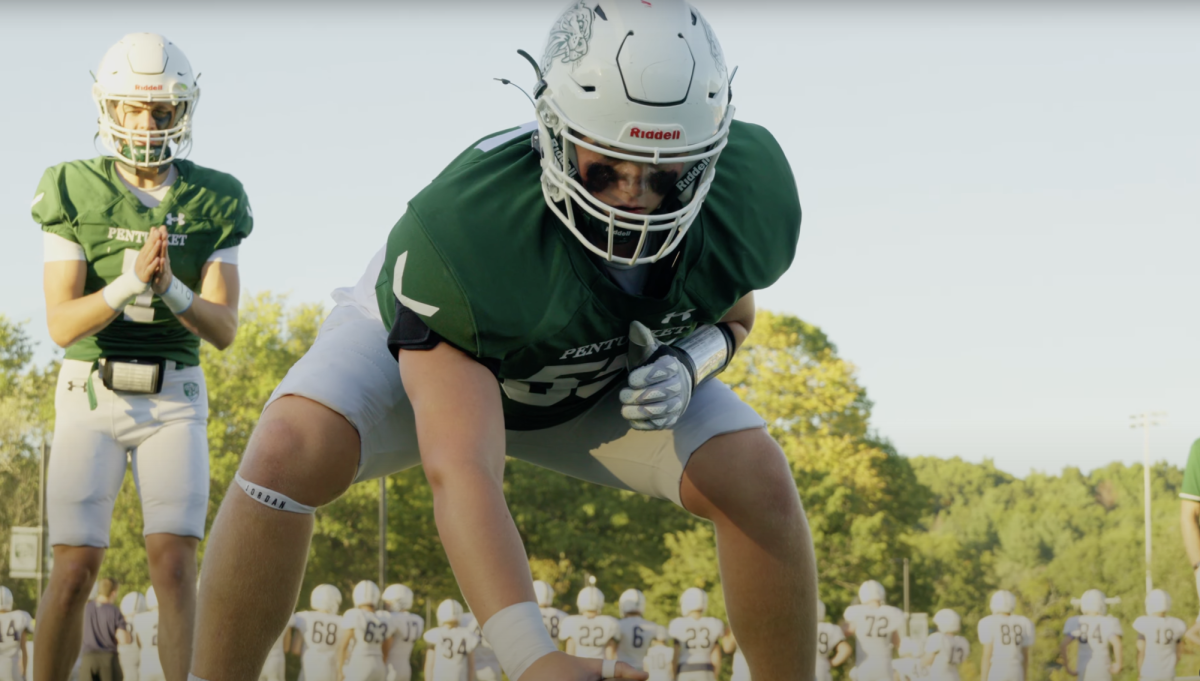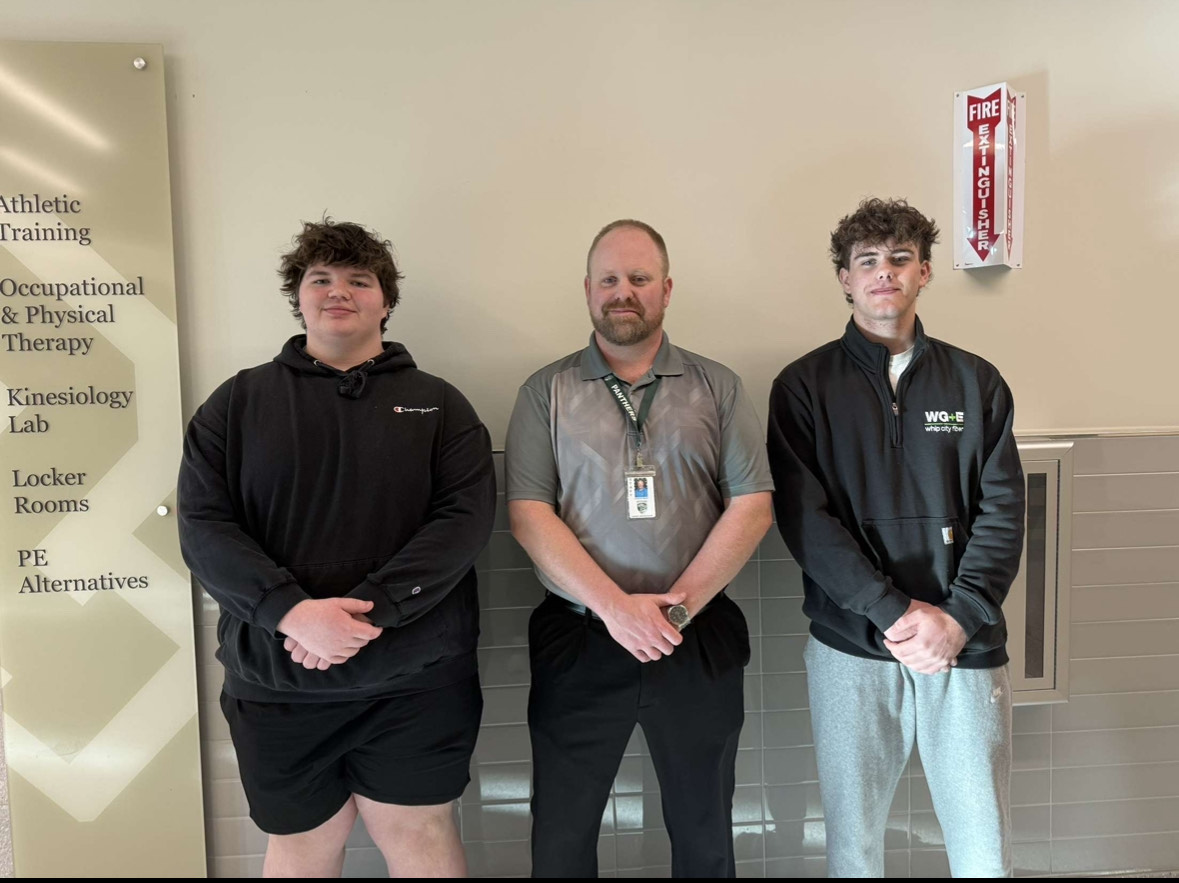The integration of artificial intelligence in educational settings has become a hotly debated topic, as schools explore new ways to leverage technology for learning. From personalized learning platforms to automated grading systems, AI is reshaping traditional classroom dynamics, offering opportunities to enhance educational outcomes and streamline administrative tasks. However, its rapid adoption also raises important ethical and practical questions about data privacy, teacher-student interactions, and the role of technology in shaping the future of education. As schools continue to implement AI tools, understanding their impact becomes crucial for educators, students, and policymakers alike.
That previous paragraph was written entirely by AI.
With students’ newfound ability to be able to have whole essays done in seconds, society as a whole needs to determine what the optimal approach for dealing with artificial intelligence should be.
AI Detection Issues
Numerous strategies have been developed to assist educators in determining when a piece is written by AI. Sources like GPTZero can be used to see what percentage of essays are written by AI, but it is said to have a 80% success rate according to the National Library of Medicine.
With AI detectors not being 100% accurate, it is safe to assume that naturally, some pieces of AI will fall through the cracks. The average age for an English teacher is 42 years old. However, 18% of teachers are also above the age of 55 years old.
This results in a lack of technological literacy, where some teachers are unable to understand how AI works and how to effectively work against it. As a result, more students have been using AI in some capacity for their work.
This has allowed for a new generation of students that are able to easily get their hands on an ability previous classes never had. This has led to a massive uptick in use by students. It was reported by the ACT (a standardized test for college entry) that 46% of students had been using artificial intelligence for their classes.
School Policy on AI
In response to what could be considered an “AI epidemic” our school has taken a very strict stance on the use of artificial intelligence. The Pentucket Handbook is quoted as saying “If AI is used without teacher approval or permission, it will be considered academic dishonesty.”
The punishment for “academic dishonesty” is typically a zero on the assignment for the first offense and parents are contacted. For a second offense the same punishments occur as well as the student gets referred to the office with eligibility of a suspension.
Is there a future for AI in school?
In our school, some teachers are beginning to embrace AI and believe that it is not only the way of the future, but that it is our schools’ responsibility to teach us how to use artificial intelligence in a way that is not detrimental to effective learning.
Across the country teachers are less willing to embrace the new technology. Pew Research Center reports that only 6% of teachers believe that AI does more good than harm. Conversely, 25% of teachers think that more harm comes from AI than good.
With the way trends are going with the lack of support from teachers, schools may be the last place to embrace this new technology.
Conclusion
Artificial intelligence is most definitely the way of the future and it will be a cornerstone of pioneering technology for decades to come. However, without schools using AI or even trying to teach students how to properly use this technology, our nation will continue to lag behind in research fields.


















